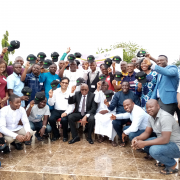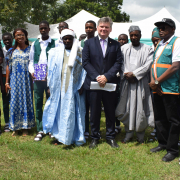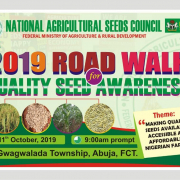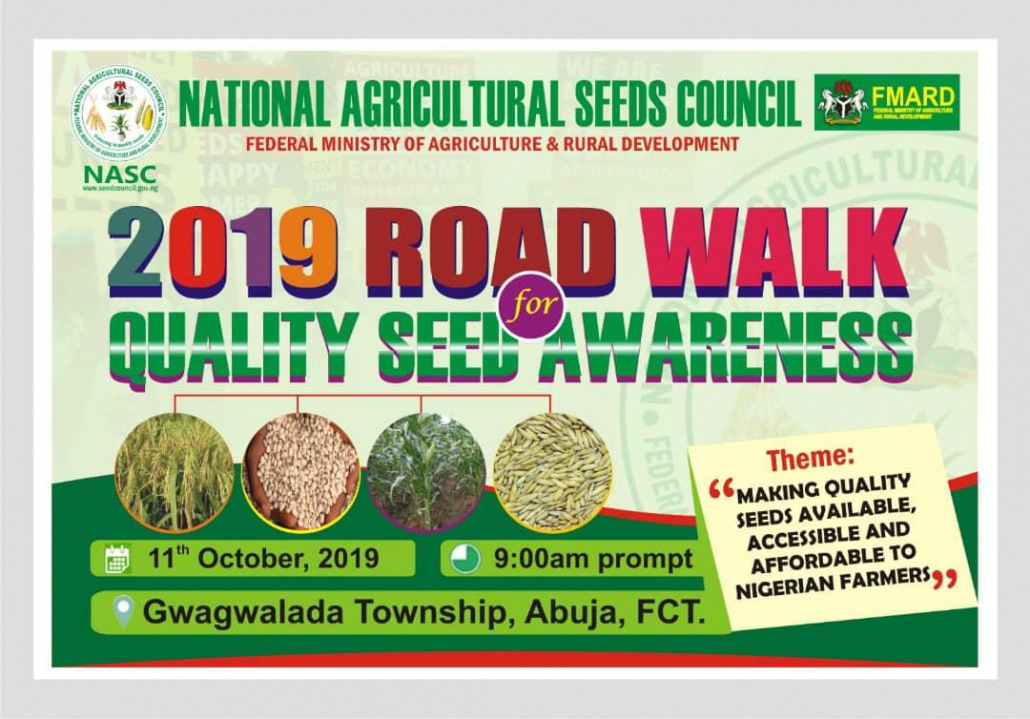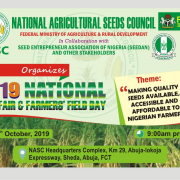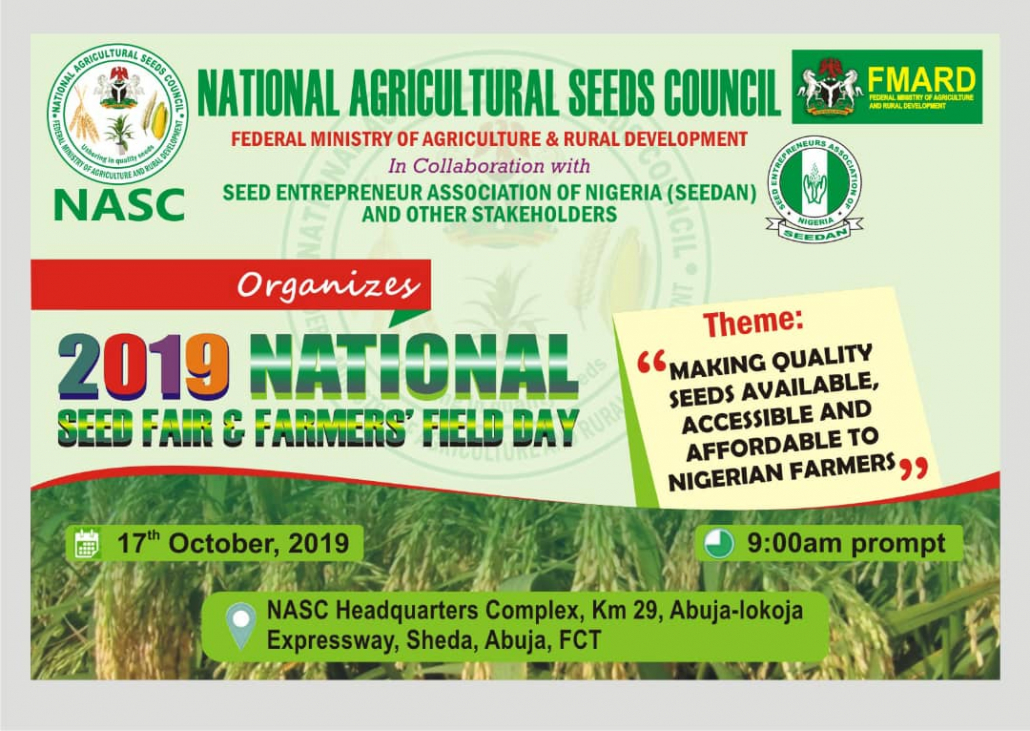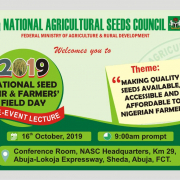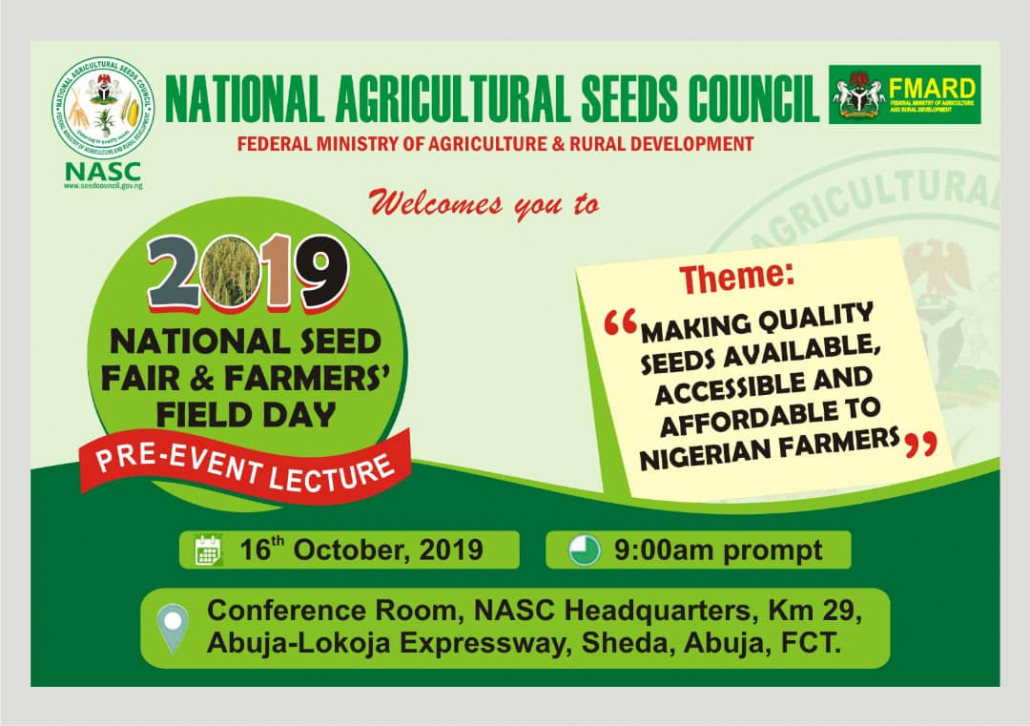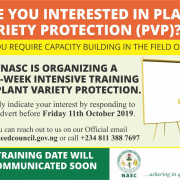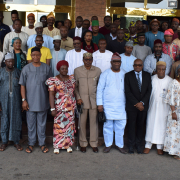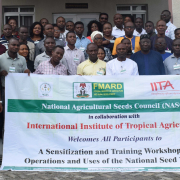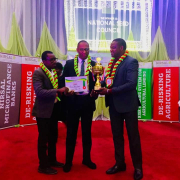TRAINING ON CASSAVA THIRD PARTY CERTIFICATION BY NASC IN COLLABORATION WITH CATHOLIC RELIEF SERVICES (CRS) HELD IN MAKURDI, BENUE STATE, FROM OCTOBER 28TH – 30TH, 2019
A training on 3rd Party Certification under the BASICS (Building an Economically Sustainable, Integrated Cassava Seed System) Project was held in Makurdi, Benue State.
Third Party Certification involves the use of trained and licensed private agents to carry out seed field inspection, certification under NASC supervision. The Amended Seed Act 2019 allows NASC to use authorized agents for certification.
The purpose of this is to provide support for the certification manpower and hasten certification process; and the pilot phase is being implemented under the BASICS Project, to ascertain its workability.
The objectives of the training were:
1. To introduce cassava seed system and certification to the Third-Party Agents (TPAs)
2. To equip TPAs with the knowledge they need to carry out cassava certification (cassava seed production & VSE activities, cassava seed protocol, cassava diseases and varieties identification, field certification process, scoring & reporting)
3. To acquaint TPAs with knowledge of Cassava Seed Tracker (CST) and use
4. Planning for the certification activity by the TPAs
The training ended with a field demonstration of the cassava seed field inspection and the use of the Seed Tracker on the field.

